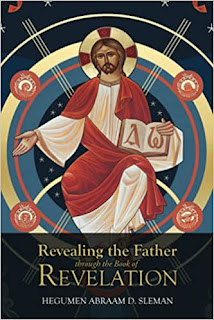The Supper of the Great God (Rev. 19:1-18)

The Author wrote: [Regardless of how it might be challenging to understand the following verse (Rev. 19:18), the supper of the great God is no other than the Lamb’s wedding supper. God invited all the saints to this great supper (Mark 13:27; Rev. 19: 7 -9)]. [1] (Rev. 19:18) reads: “that you may eat the flesh of kings, the flesh of captains, the flesh of mighty men, the flesh of horses and of those who sit on them, and the flesh of all people, free and slave, both small and great.” Is this the menu of the “Lamb’s wedding supper”? Answer The answer to this question is no. According to the Reviewer’s language, it is not the menu but the purpose of the menu. The Greek word, “ ἵ να , NT:2443,” which connects verses 17 and 18, denotes “the purpose or the result.” [2] It is translated into “so that” (NIV, NASB), “in order that” (NASB1995), “para que” (Spanish: most translations), and “ لكي ” (Arabic: Smith & Van Dyke). Before going into details, we should NOT be confus...
